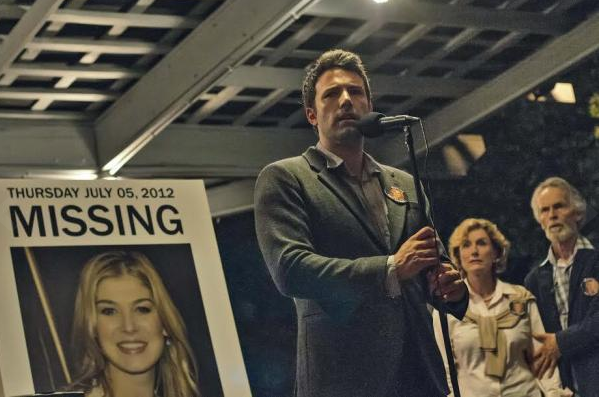1) Start with a better opening scene – Your opening scene is everything, not just because it kick-starts your story, but because it’s when you’re being judged the harshest. The battle between writer and reader is usually won or lost early on. So don’t give us some “decent” opening scene. Whether you’re writing a blockbuster or an introspective indie film, start us out with something that catches our attention immediately.
2) Cut out excess description – Too much description slows down the read, which creates the illusion that the story itself is slowing down. The key is to always stay on point. Any line that isn’t describing an action or an important piece of information can probably go. This is especially important during the climax, when the script must move the quickest. I’ve read two scripts in the last month which were ruined by over-described climaxes.
3) Get your hero out on his/her journey by page 25 – Whatever his ultimate goal is in the movie, have him start pursuing that no later than 25. Readers have less and less patience these days and if your script is wandering during the very first act, it’s an indication it will only get worse later.
4) Cut out your three worst scenes – If those scenes have important information in them, figure out a way to move that information to other scenes.
5) Give us at least one weird memorable character – Have at least one character in your script who’s unique, different and unforgettable, the kind of character you know actors will be climbing over each other to play. The autistic hitman (The Accountant with Ben Affleck – coming soon), the goofball pirate (Pirates of the Caribbean), the polite serial killer (Silence of the Lambs), the sex-crazed obese woman (Bridesmaids), the manic-depressive romantic (Eternal Sunshine). The reality is, movies get remembered, but characters get immortalized. If you can’t give us at least one unique stand-out character, you’re not writing a complete script.
6) Make sure your characters are talking to each other, not the audience – In other words, stop making your exposition so obvious. Exposition is born mostly out of characters talking directly to the audience. If it ever sounds like you’re doing that, rewrite the scene and focus on what the character would REALLY SAY (like IN THE REAL WORLD) to the other character in the scene. See if you can slip your exposition into that conversation.
7) Eliminate all on-the-nose dialogue – Always try to have something going on underneath the scene when two characters are talking. It doesn’t have to be a giant secret. It could be that one person is simply aggravated with the other. But if your characters are constantly saying exactly what they feel, what they want, what they’re thinking, and there’s no hidden agenda or hidden thoughts behind those words, then your dialogue is likely on the nose.
8) Set up several big questions throughout your script which you don’t answer right away – These will act as suspense-threads, which, if the questions are compelling enough, will keep the reader reading until they get the answer. Questions can range from, “What happened to Amy?” (Gone Girl), “Why do I keep waking up over and over again on the same day?” (Edge of Tomorrow), and even smaller stuff, like “Whose baby is this?” (The Hangover).
9) Focus more on character – One of the biggest problems I’ve been seeing with scripts lately is that the writers always focus on plot. Plot is the mechanics of the story. They’re the things that happen to, for, and against your characters. But remember, the audience connects with the characters, not the story. So figure out what your hero is battling (flaws, vices), what the problems are between each set of people in your story (distance, lack of trust), and focus more on those. An exclusively plotty story gets very boring if you don’t put in the character work.
10) Add more conflict/tension to your scenes – Go through all your scenes. There should only be a few where everything is going swimmingly. For the rest, make sure there’s some kind of conflict or tension taking place. The scene in Gone Girl where Nick calls over the cops after Amy goes missing is a great example. Although they’re having a perfectly cordial conversation, the tension comes in the fact that the cop is suspicious of Nick. She’s wondering if he had something to do with this. One of the quickest ways to bore me as a reader is to give me scene after scene where characters are happy and/or agreeable.


